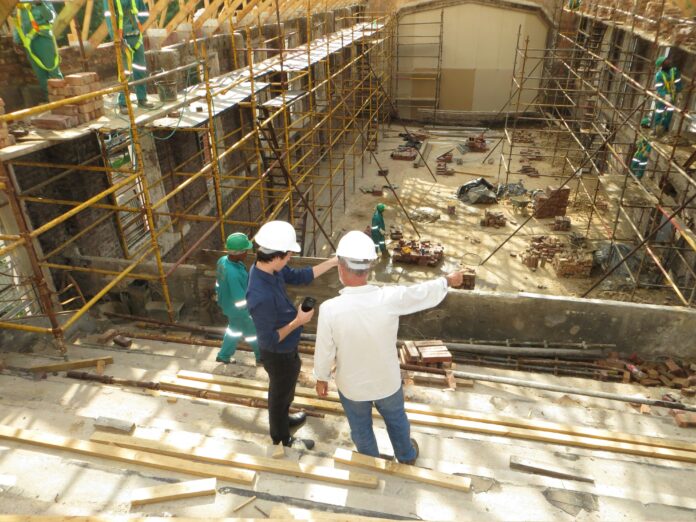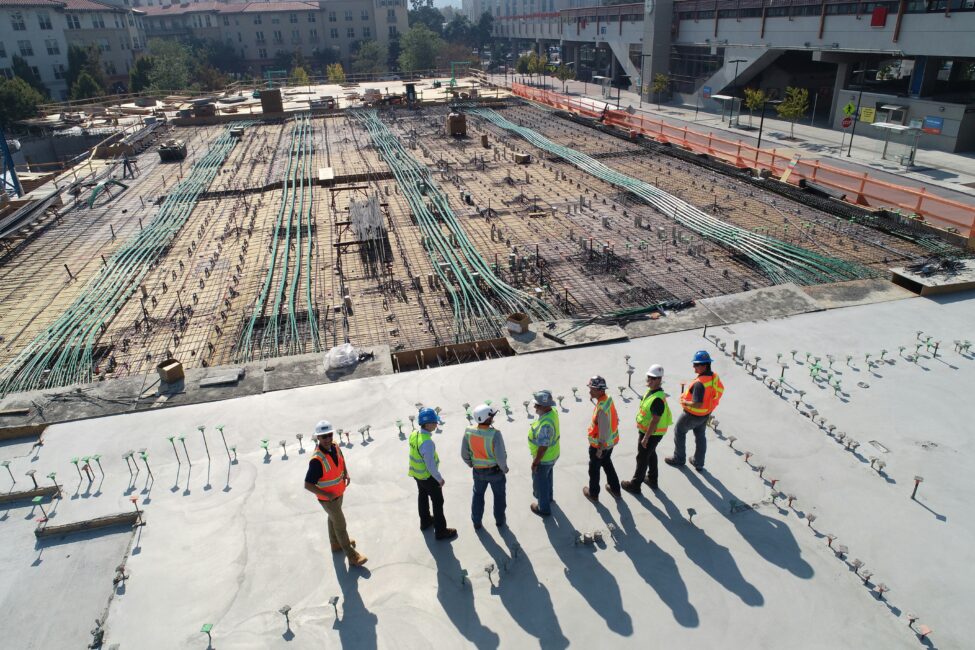The construction industry is a robust and dynamic sector of the global economy, responsible for shaping our cities, homes, and infrastructure. Despite its strong role, construction businesses face unique challenges. In a marketplace that’s defined by tight margins, skilled labor shortages, and demanding client expectations, success isn’t just about putting up buildings; it’s about building and maintaining a viable, competitive enterprise.
Whether you’re starting from scratch or looking to expand an existing operation, running a successful construction company requires a careful balancing act of strategic planning, operational excellence, talent management, and industry foresight. Here, we will explore the top tactics that construction entrepreneurs can employ to steer their companies toward sustainable growth and profitability.
Strategic Business Planning
Before the heavy machinery roars and hammers swing, a solid plan on paper can make or break your construction ventures. Strategic business planning in the construction industry is about setting a clear vision, establishing achievable milestones, and navigating the financial terrain.
Setting Clear Goals and Objectives
Every successful construction company begins with a vision. Be it specializing in green construction, urban redevelopment, or high-end residential projects, your company’s focus must be well-defined. Notably, goals should be SMART – specific, measurable, attainable, relevant, and time-bound. This provides a clear roadmap and allows you to track progress accurately.
Financial Planning and Budgeting
Budget overruns can cripple the most promising projects. Effective financial planning involves meticulous budgeting, understanding the costs of materials and labor, and building contingencies. It also means knowing how to secure project funding, whether through traditional loans, venture capital, or public-private partnerships.
Successful construction companies use varied financial tools to maintain stability and predictability in an often volatile market. Comprehensive accounting systems, such as enterprise resource planning (ERP) software, can be invaluable in managing costs and tracking financial performance.
Effective Project Management
Project management is the nerve center of construction operations, guiding timelines, resources, and ultimately, the success of the build.
Planning and Scheduling
The construction of even a single-family home is a complex orchestration of hundreds of steps and resources. Advanced planning, creating detailed schedules, and continually updating these plans in response to real-time project developments are paramount. Tools such as Building Information Modeling (BIM) can be a game-changer, allowing for a detailed, 3D visualization of the project throughout its lifecycle.
Communication and Collaboration
Effective communication and coordination between all project stakeholders are foundational to the timely completion of tasks. Regularly scheduled meetings, clear reporting structures, and transparency regarding project changes and challenges can reduce the risks of misunderstandings and missteps.
Using Proper Tools and Technology
The right tools and technology are force multipliers in the construction business. They streamline processes, improve efficiency, and enhance the end product’s quality.
Getting Proper Tools
Construction is a tool-intensive trade. Obtaining industry-standard equipment and ensuring it’s well-maintained is a fundamental step. From using shims in construction, safety equipment, and heavy machinery to specialized software for estimating project management, and quality control, make sure your teams have the tools they need to operate efficiently. That way, you can meet deadlines and stay within budget.
Utilizing Technology
The construction sector is rapidly evolving, with new technologies emerging to address old challenges. Robotics, drones, and automated equipment are transforming some of the industry’s most labor-intensive and hazardous tasks. Sustainable and innovative building materials present not only an ethical opportunity but also a chance to differentiate your business in a crowded marketplace.
Safety and Compliance
The construction industry is inherently fraught with dangers. Safety must be a non-negotiable priority, as the well-being of your team is as crucial as the project’s completion.
Prioritizing Worker Safety
Developing and enforcing robust safety protocols is key. This includes providing the appropriate protective gear, regular safety training, and maintaining a clean and organized workspace. Also, every company should have protocols for dealing with on-site emergencies, and first aid kits, defibrillators, and eye wash stations should be readily accessible.
Compliance with Regulations
Construction is a highly regulated industry, with numerous local, state, and federal laws to follow. Staying abreast of these regulations and ensuring full compliance isn’t just good practice; it’s a legal obligation. Failure to adhere can result in severe penalties and damage to your company’s reputation.
Client Relationships and Reputation Management
In an industry built on trust and performance, your reputation precedes you. How your company is perceived can determine your success in securing new contracts and maintaining a loyal clientele.
Customer Satisfaction Strategies
Every project should be viewed as a long-term relationship. Before all, aim to exceed client expectations. Tailoring your services to their specific needs, providing regular updates, and handling issues promptly and professionally builds trust and solidifies your reputation as a dependable partner in construction projects.
Building a Strong Reputation
In the age of social media and online reviews, one unsatisfied customer can broadcast their frustration to millions. Building a strong reputation requires consistent excellence, ethical business practices, and a commitment to client satisfaction. Encouraging and responding to feedback, whether positive or negative, demonstrates responsiveness and a commitment to continuous improvement.
Running a successful construction company is a multifaceted endeavor that requires competence in various domains. It involves strategic foresight, meticulous planning, an unwavering commitment to safety, and the cultivation of a dynamic and responsive team. By following these top tips, you can position your construction business not just to survive in the industry, but to thrive and lead the way in innovation and excellence. Build wisely, build well, and build for the future.























